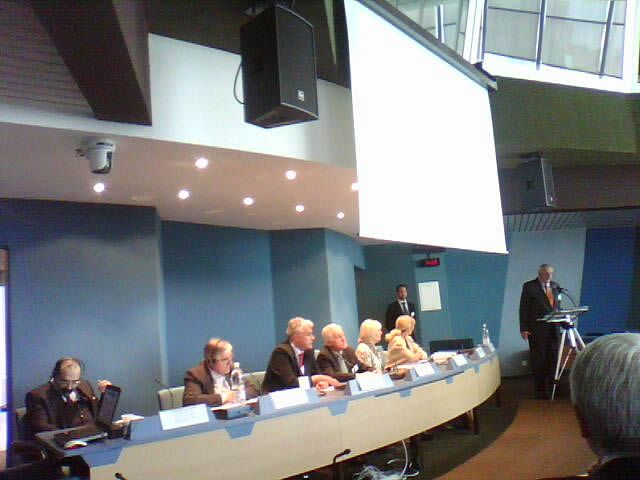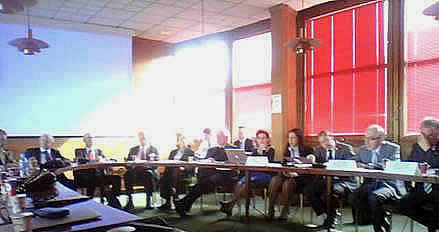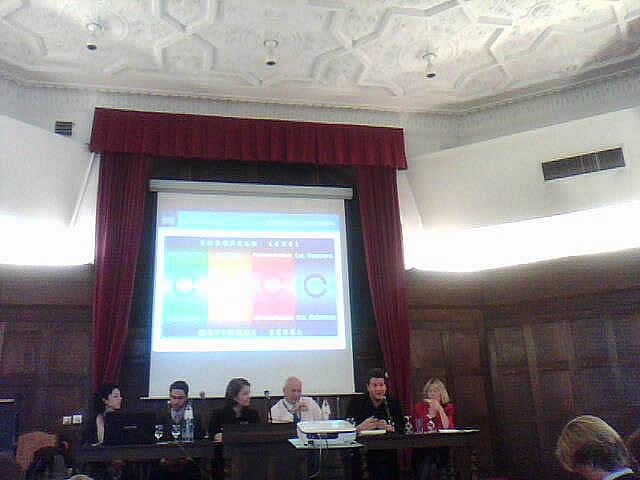

AIELP (Austrian Institute for European Law and Policy) is an institute that organizes a permanent conference on European Democracy EUDEM. With the Treaty of Lisbon, the fundamental value of 'democracy' enshrined under Article 2 TEU has, at level of European Union, been given a new framework (Articles 9-12 TEU). Dealing with the implications of this new legal framework, is an interdisciplinary challenge not only for lawyers of different disciplines (International law, European law. national constitutional law), but also for political scientists, economists, EU decision makers and top executives, or eDemocracy and- eParticipation-related computer scientists. Additionally, input is needed, not only from the academic sphere, but also from practitioners in goverments, parliaments and other public institutions, at union as well as national and regional levels and selected stakeholders from civil society.
On 5 and 6 May 2014, AIELP organized in Strasbourg (Palais de l'Europe and the university) the conference 'Multilevel Governance - from local communities to a True European community. Discussed was the future of multilevel governance in Europe, or multilevel governance is a way to increase democratic legitimacy of the judiciary, position of European-wide networks of independent institutions (as of Ombudsman, ECB on Human Rights), the role of regions and municipalities and policy perspectives. The many presentations and perspectives from 10 different European countries gained, gave good insight in the value of the approach to obtain more cohesion in order to convere to a true European community. Österreich Journal, LH Pühringer wrote: During an added initiated by Austria EuDEM conference in Strasbourg is discussed long about the right governance and a adapted to the demands of today's multi-level governance democracy two days. High-ranking guests, including the Upper Austrian Josef Pühringer, consider current issues and try to present solutions. The Conference on European Democracy (EuDEM) will this year for the third time by the Chancellor's Office - Department of State organization and management reform - and organizing the Austrian Institute for European Law and Politics. In the two-day event this year, the status quo of democracy and "good governance" in Europe is discussed. Key questions about the future developments are examined from different perspectives by Expert / inside. This conference dealt with the issue of democracy at all levels one of the key priorities of the Austrian Presidency of the Committee of Ministers. In addition to the important issue of Internet governance Austria has set itself the task of promoting the democratic participation of society at all political and social levels. Governor Josef Pühringer underlined the importance of community-based structures, referring to federalism as the organization of the Democratic Party of the State of Austria. Politicians / students should reforms, view as a continuous task, which is part of the lived political culture. To act as close as possible to the citizen has the advantages that actions can be performed faster, more efficient and more cost effective for both sides. |
